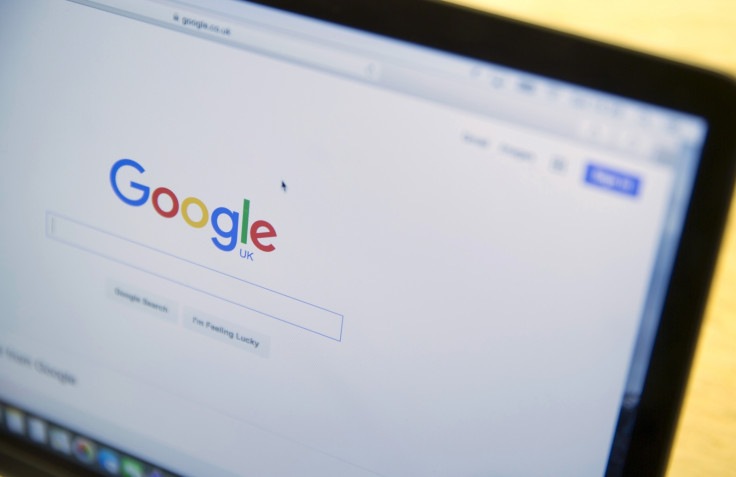Jewish museum accuses Google of profiting from Holocaust denial
Breman Museum says it is paying Google $2 a click to stop a neo-Nazi site appearing as top result for 'did the Holocaust happen' searches.

Google has reportedly been accused of profiting from Holocaust denial by a Jewish heritage museum. Atlanta-based Breman Museum says it is paying the search giant $2 (£1.6) a click to stop a neo-Nazi site from appearing as top result for "did the Holocaust happen" searches.
David Schendowich, Breman Museum's marketing head said the institution was paying Google to redirect search results for "did the Holocaust happen" to its own website, via AdWords, which is the tech giant's pay-per-click advertising service. Schendowich reportedly slammed Google for claiming it did not profit from Holocaust denial, adding that it was "nauseating" for Google to direct users to white supremacist sites, the Guardian reported.
He said, "They may not take money from people denying the Holocaust, but the point is that museums and other organisations are paying to combat this stuff. They plainly are. We are. We're paying them up to $2 a click."
Breman Museum director Aaron Berger said that according to the Southern Poverty Law Centre, the state of Georgia has one of the worst records for active hate groups, adding that using AdWords was an "incredibly important part of our approach in getting our site up the search results".
The allegations come on the heels of mounting pressure on Google over its search results. A Google spokesman said: "We never want to make money from searches for Holocaust denial and we don't allow regular advertising on those terms." Earlier in the month, Google removed "are Jews evil" suggestion from its autocomplete feature.
Academics and experts have reportedly speculated that Google's so-far firm stance in not editing search results stems from concerns over prospective demands in the future, which may lead to calls for Google to take action over other controversial issues and content.
However, on 20 December, Google told a search industry website that it had decided to make considerable changes to its algorithm to deal with this issue. A Google spokesperson said, "We recently made improvements to our algorithm that will help surface more high quality, credible content on the web. We'll continue to change our algorithms over time in order to tackle these challenges."
However, according to Barry Schwartz, founder of Search Engine Roundtable, a well-established industry site, there appears to be little to no major changes in Google's new algorithm. "There is no evidence of any change to the algorithm," he said. "We track these things very carefully and there's nothing to suggest they have done anything."
Schendowich said it was imperative for it to ensure that its site came up top in Google's "natural" or unpaid searches, as it boosts the museum's efforts in reaching out to a larger audience in spreading its message about the Holocaust.
"Search is everything. It's so powerful. People don't respond to print. If you don't show in search you are invisible," he said.
"We can't afford to advertise that much because this is a very expensive search," Schendowich added, "It's expensive because it's popular. That's how it works. You pay more to advertise Nike shoes than some other brand. This is the same. It's a very hot topic and what bothers me is that a denier site is right at the top. It's nauseating. Absolutely nauseating. I talk to so many people who survived it ... it did happen. We have all the evidence. That's what we're doing. That's why it's so important."
A Google spokesman said: "We have no interest in profiting from sites or organisations that promote hate, which is why we ban them from using our ads systems. Under some circumstances we allow advertising against offensive terms, typically by organisations whose mission involves educating people about the issues. Those organisations can and do apply for Ad Grants — free advertising to drive awareness and promote educational messages. We give hundreds of millions of dollars worth of free advertising to non-profit organisations through our Ad Grants programme."
© Copyright IBTimes 2024. All rights reserved.






